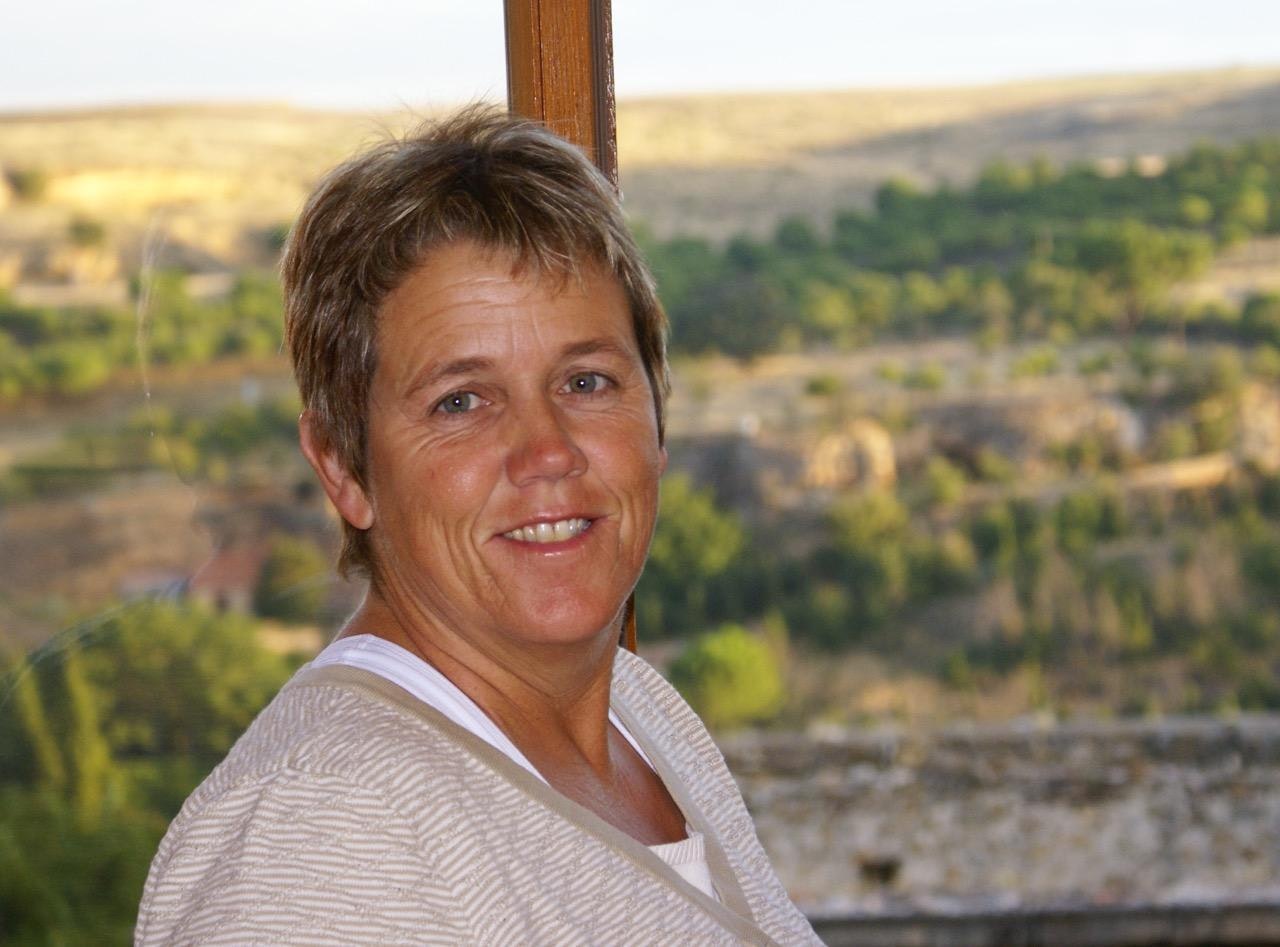In his final actions on bills passed by the Wyoming Legislature in its 2020 session, on Friday afternoon Governor Mark Gordon vetoed Senate File 138, the bill laying out the process for state officials to consider purchasing 1 million acres of land in southern Wyoming, along with 4 million acres of mineral rights, from Occidental Petroleum.
Oh, in this current national crisis, this global pandemic, where the United States Congress just passed the largest spending bill in our country’s history, with more than 3 million Americans filing for unemployment, with oil prices in the tank at an 18-year low, Gordon has decided now might not be the time to spend millions, or billions, of state reserves to eliminate a million acres of private property, you ask? Nope.
Gordon has decided the legislature provided too much baggage in the bill, so he’ll go forth on his own.
In his letter rejecting the bill, Gordon said: “I do not take this action lightly. Members of the Legislature and my office worked tirelessly crafting a process to provide the ability to conduct due diligence on the land and assets being offered for sale to the State of Wyoming. I appreciate everyone’s efforts.”
Here’s the zinger: “Unfortunately, owing to the rapid changes of the waning hours of the session, the final bill was flawed. The original concept of the legislation was to establish a process to conduct due diligence and provide the funding to do so, as well as bless the authority to enter into a transaction of this magnitude. The end result is a vehicle so heavily laden with legislative baggage that the ability to conduct thorough and appropriate due diligence takes a back seat to mandated reports and recommendations.”
So Gordon rejected the bill because it provided too much legislative oversight for what could be the largest government purchase of land since the United States purchased Alaska. No doubt the final bill was flawed, but my view of its faults differ from the governor’s view of its faults. Gordon laments the “legislative baggage” in the bill, while I complain that it provided too much power to the State Loan and Investment Board by allowing it “to take all actions the board deems necessary to sell, transfer or otherwise dispose of” the property after the deal concluded.
Gordon’s letter notes that the availability of funding to conduct due diligence on the deal “is in question.” He wrote, “The failure to enact a Capital Construction measure inadvertently squeezes the State Building Commission Contingency Account to the point where existing obligations and priorities are in direct competition for money to pay for the cost of due diligence.”
Gordon also took issue with legislative interference in decision-making on the deal, which he views as executive branch function. Gordon maintains that the final bill “overreaches in its grant of authority to the legislative branch.”
“Unfortunately, I am left with an all or nothing solution,” Gordon wrote, thus vetoing the bill.
Gordon continued to pledge his commitment “that we will continue to find ways to take steps to explore this opportunity.”
Gordon’s letter states that he will work with the SLIB and will report to the legislature any progress made, and commits to providing the basics of their findings to the legislature. Gordon also commits to honor all the requirements for public comment and public involvement outlined in the vetoed bill, and perhaps even exceed the amounts called for in the bill.
Gordon closes the veto letter with a statement that he believes he has established a reasonable step-by-step process allowing for pre-purchase activities. He wrote: “Should an agreement in principle be reached, the Legislature will have the opportunity to review. It is the Legislature’s role to decide whether and how to fund a potential purchase based on the Agreement in Principle.”
Cat Urbigkit is an author and rancher who lives on the range in Sublette County, Wyoming. Her column, Range Writing, appears weekly in Cowboy State Daily. To request reprint permission or syndication of this column, email rangewritesyndicate@icloud.com.





